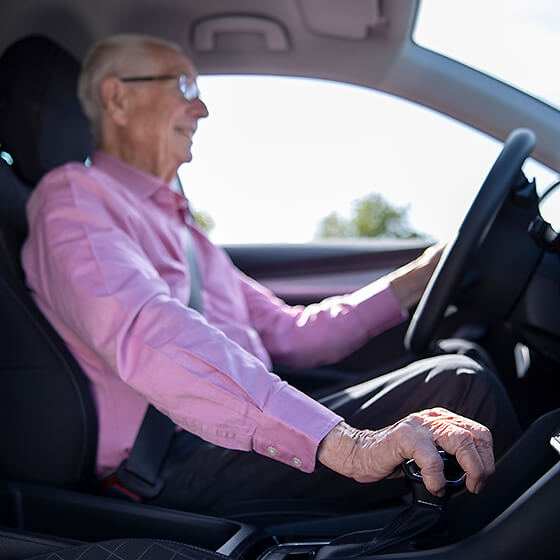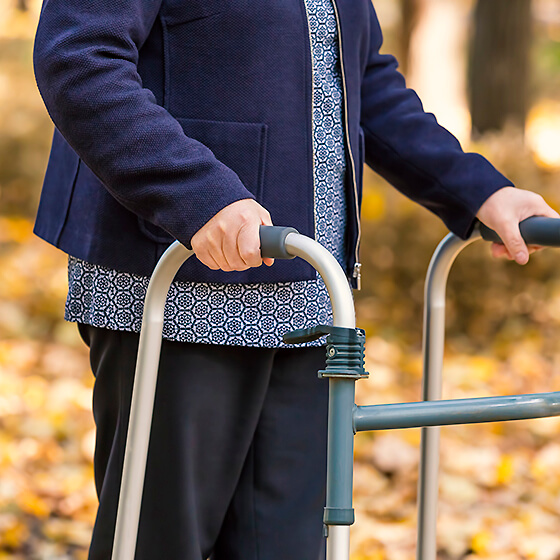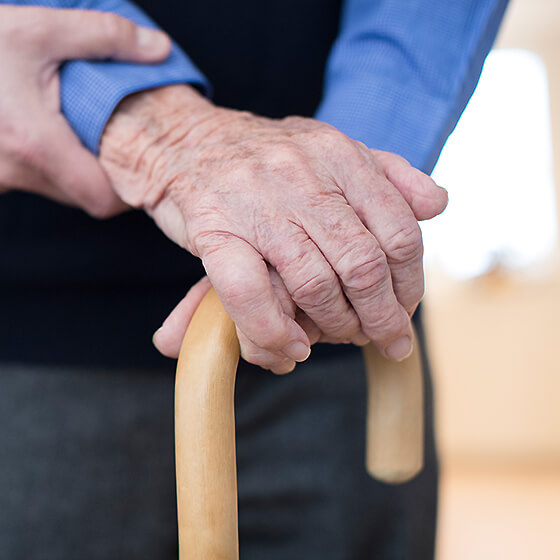Safe Driving Tips for Elderly Drivers
Driving is a cornerstone of independence for many people, but it also can be dangerous to manage, especially for elderly drivers. However, there are strategies to implement in order to maintain an effective driver technique, and for those who are finding it difficult to drive, being proactive and working on your driving skills will help you build your confidence and your skills. Driving requires more than just a working knowledge of the laws and regulations of the road; you will need to take your physical reactions into accounts - such...Read More



